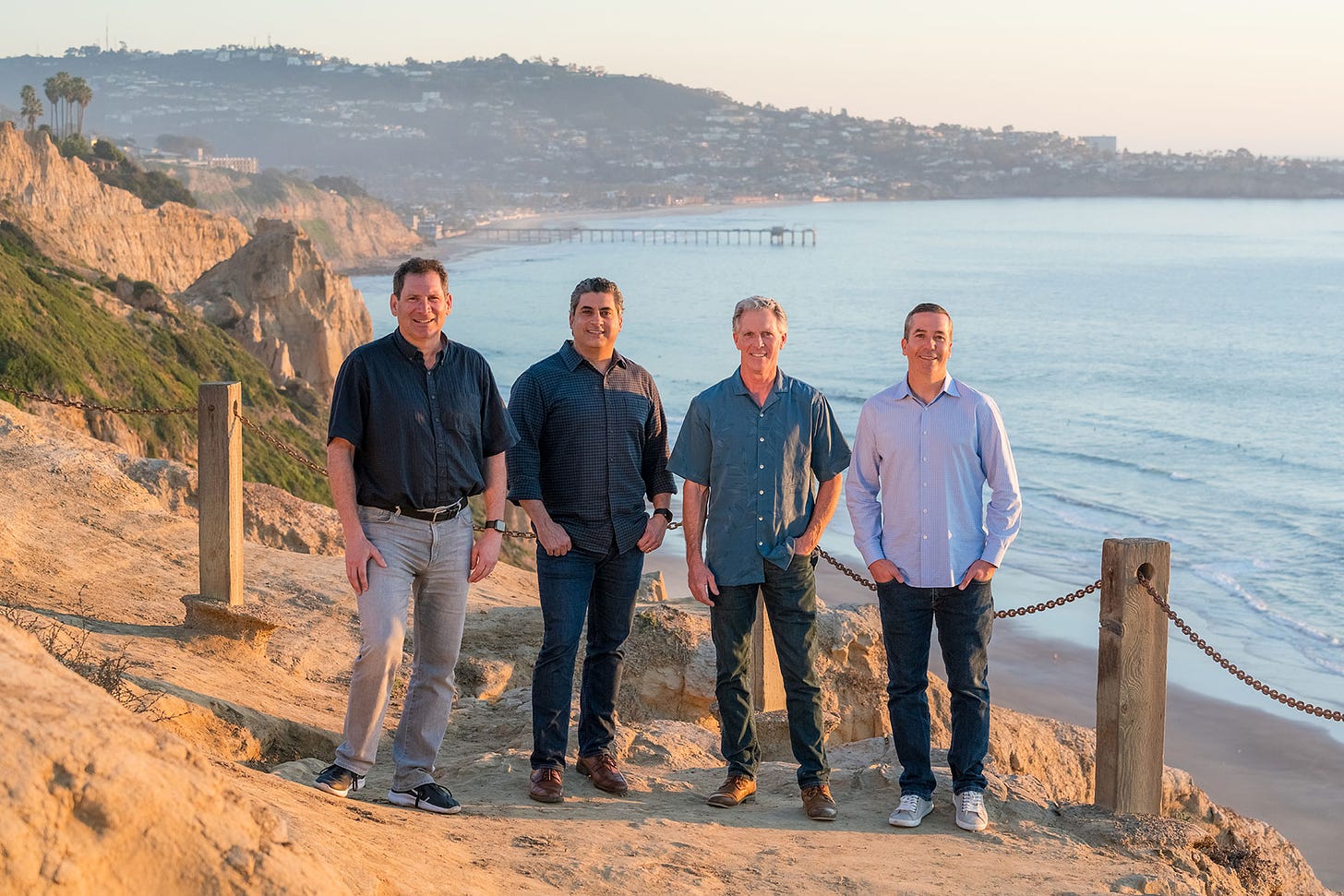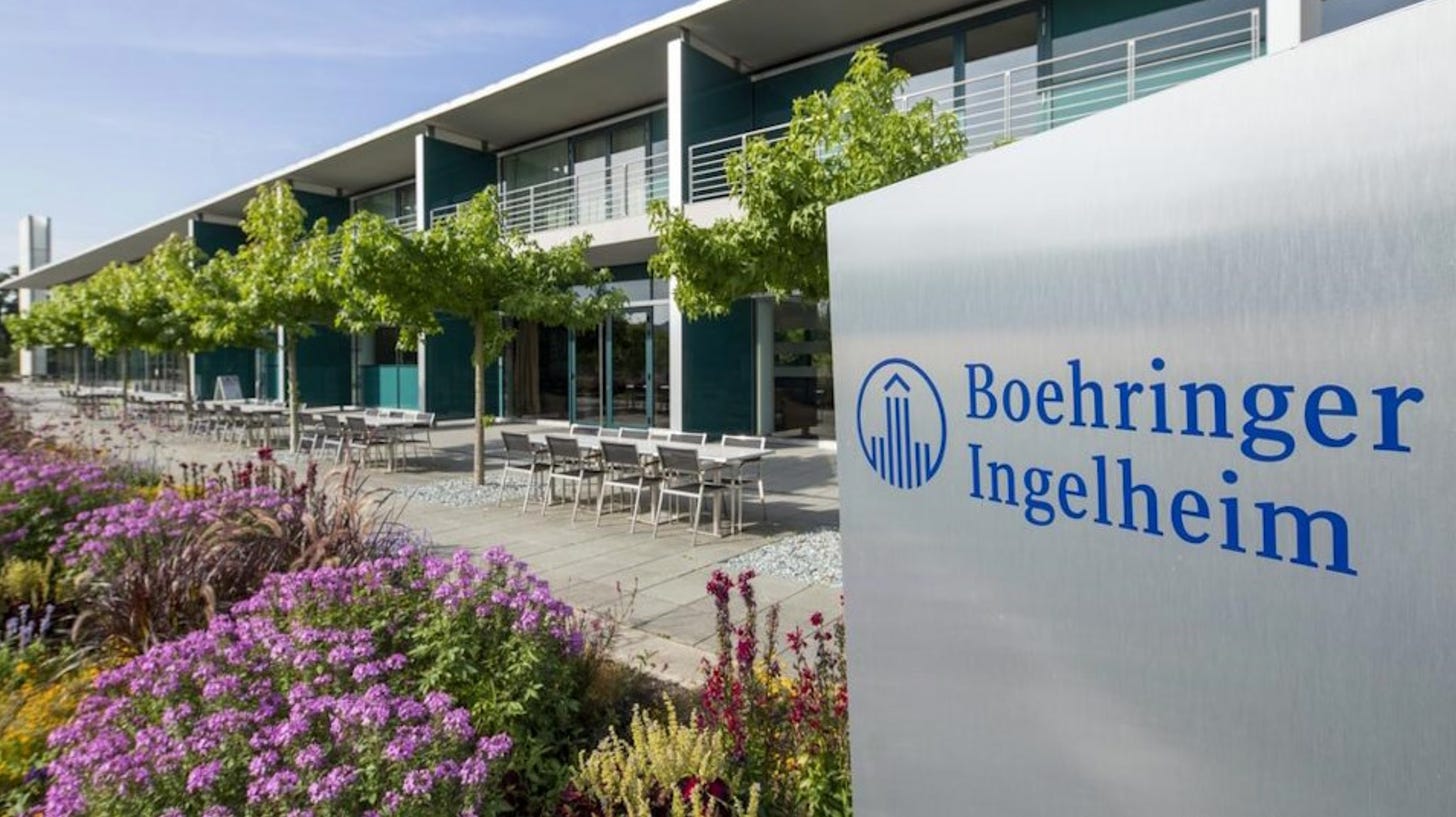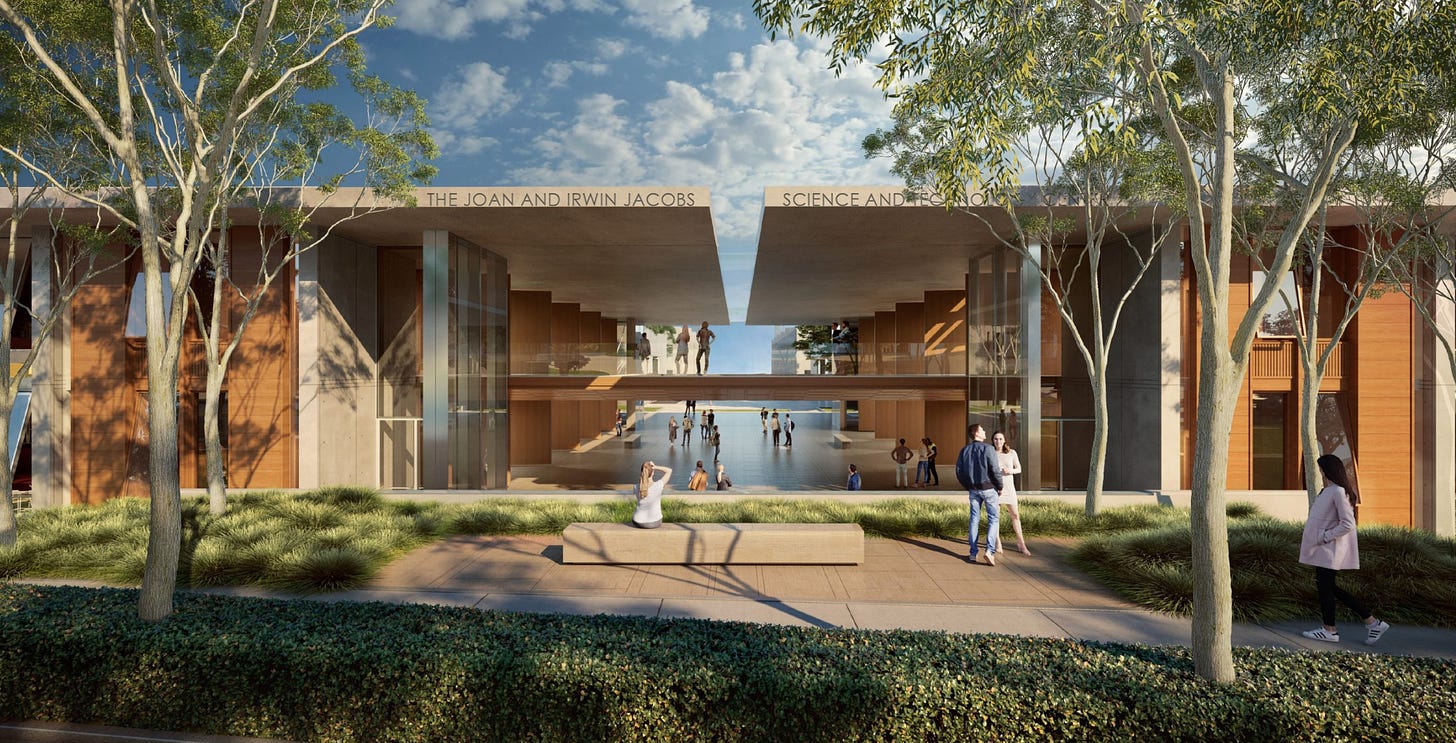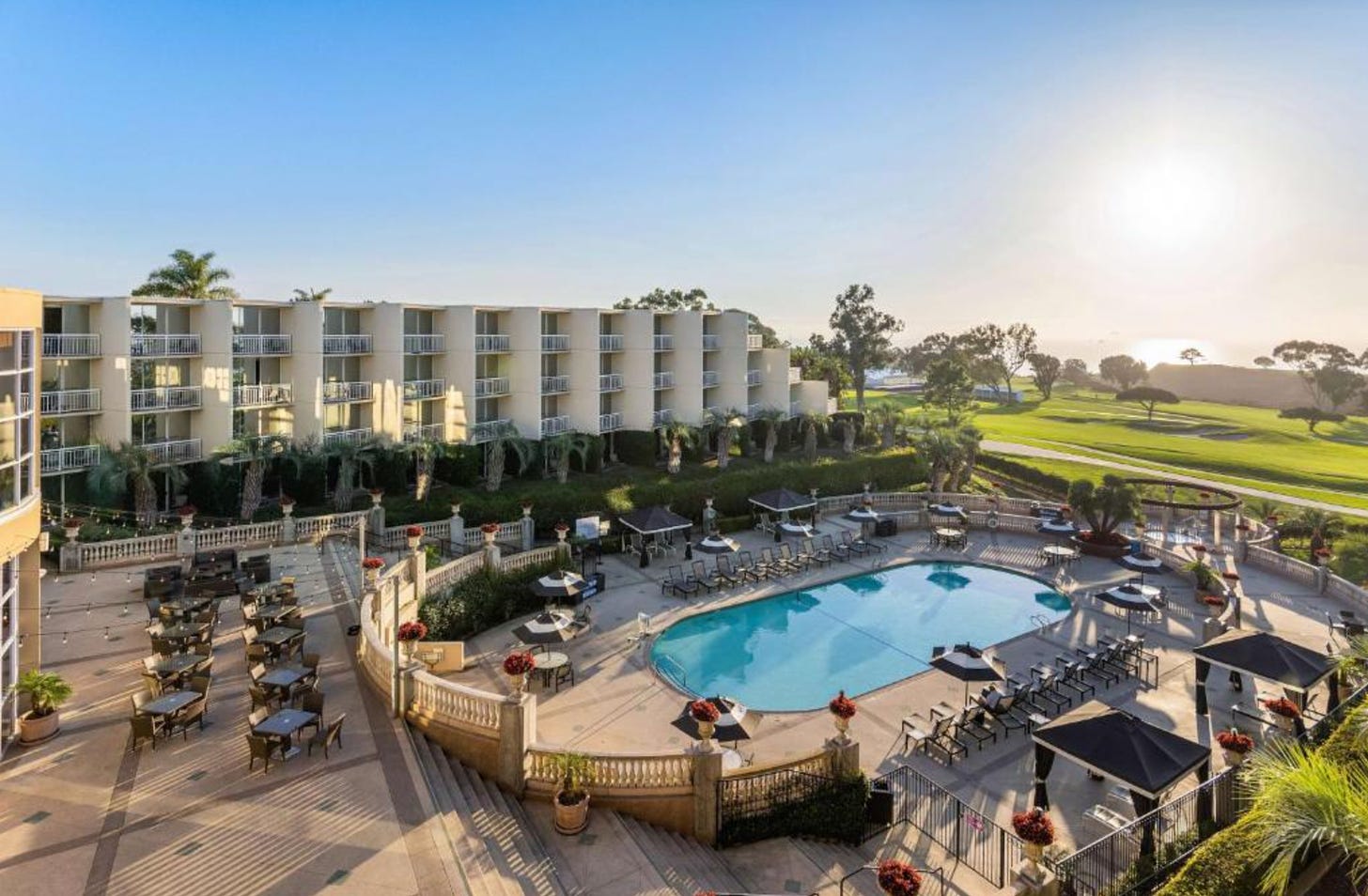San Diego VC Fund's 'Capital Efficient' Biotech Startup Gets Acquired in $1.3B Deal by German Pharma Giant
Avalon BioVentures operates a $135M fund and inks a billion-dollar M&A deal in 2024.
Learn from San Diego's top entrepreneurs and companies. Every week, I write a newsletter breaking down the business and money in San Diego. Join 1,800+ of tech professionals, entrepreneurs, and investors by subscribing below.

The investment firm Kevin Kinsella co-founded in 1983, Avalon Ventures, has racked up billions in profits from early stakes in companies developing methods to detect and treat cancer and other diseases.
Across four decades, the La Jolla-based VC firm has invested $750 million-plus into early-stage startups in both the life science and tech companies — many which have founding roots in the San Diego region.
Sandy Madigan, one of Avalon’s managing partners, is responsible for leading the firm’s relatively new $135 million investment fund which exclusively backs early-stage “life science and biotechnology” startups.
The investment vehicle, called Avalon BioVentures, was raised in 2022. The firm’s HQ is tucked away in a “quiet and reclusive” corporate office center, allowing its managing partners to avoid distractions yet remain in close proximity to the action.
The office is about a 5 to 10 minute walk from the Torrey Pines Golf Course, down the road from Glider Port and University of California, San Diego which has served as an instrumental launchpad for hundreds of life science companies over the past 50 years.
The firm has backed successful biotechs including Janux Pharmaceuticals, Synthorx, Calporta and others. Industry publications including Wall Street Journal have ranked Avalon as one of the most successful biotech venture-capital firms in the last decade.
Avalon’s most recent biotech exit — totaling up to $1.3 billion dollars — was a pre-clinical startup, called Nerio Therapeutics. It had just under 10 total employees and was focused on fighting cancer, before being scooped up by Boehringer Ingelheim.
At the time of the acquisition, the startup had received a total of $6.5 million in venture capital funding from five different venture capital firms, including Avalon.
“None of this happens without a world-class scientific team and the confidence and financial support of our venture syndicate; Avalon, Bregua Corporation, Alexandria Venture Investments and Correlation Ventures,” Sandy Madigan wrote over email.

Striking M&A Deal in Record Time
Founded in 2019, Nerio’s small molecule drugs are designed to block enzymes known as PTPN1 and PTPN2 that break the body’s immune response to tumors.
The founding team included Madigan as CEO; Jason Roland its vice president of chemistry and drug discovery; and Sergio Duron, Nerio’s chief scientific officer.
Generating compelling data around its development candidates led to a competitive situation where several big pharma giants evaluated a potential acquisition, according to Madigan.
He also shared, around that same time, several well known venture capital firms expressed interest in leading a large financing round to support internal clinical development. Here’s what Manigan shared over email:
We knew we had a valuable chemical series.
Naturally, our scientific team was constantly hunting the academic and industry literature for opportunities that would benefit our pipeline. We tried various approaches including HTS, structure-based design and protein degraders.
Utilization of Avalon’s Accelerator allowed for unparalleled capital efficiency and ensured that the capital available is allocated to scientific value creation.
Several successful companies were started this way: which include Calporta, Synthorx, Janux, Enlaza and Nerio. Each of those were founded, and initially developed, in the accelerator with early seed capital.
We have six new companies in the ABV pipeline that we have financed in the last two years that we believe have similar potential.
Calculated Risk-Taking
Avalon’s investment management team is not afraid to take on risk.
The majority of the time, startups are typically incubated in Avalon’s accelerator and financed by the firm first, before bringing other investors into the mix.
In particular, the accelerator program provides executives with guidance and expertise, R&D staffing and resources, fully functional laboratories, and integrated back-office operations.
“We generally focus on early-stage investments that have big potential, but, because they are so early, come with scientific risk,” said Madigan. “These can be licensed or home grown and we have successful examples of both.”
Continued Success in San Diego
What’s unique about Avalon is that since inception it has stayed relatively small with a total of 4 managing partners and 10 life science-focused advisors.
The venture firm has never hired associates, according to its founding partner, which allows the firm to move more quickly and make better decisions.
In the early 2000s, several biotech focused venture firms based in San Diego struggled to find success. This included Enterprise Partners Venture Capital, Mission Ventures, and Forward Ventures, most (if not all) shut down operations or raised smaller funds.
A new crop of biotech VC funds have set up shop in San Diego in recent years — Section 32, Red Tree Venture Capital, Insight Partners, joining legacy investors such as ARCH Venture Partners, Versant Ventures, and Frazier Healthcare Partners who invest in promising life science startups.
Mike Krenn, president and CEO of Connect which maintains relationships with over 400 venture firms across the U.S., said Avalon has played a monumentally important role in San Diego’s growth across the life sciences sector.
“They’ve been here for 30 plus years,” said Krenn. “In that time, Avalon has invested in some uniquely early-stage ideas, they’ve started companies, and most importantly they’ve funded and syndicated with other top tier venture firms, bringing them into San Diego.”
When Avalon succeeds, “San Diego also succeeds,” Krenn said, adding that the region is fortunate to have them based here locally.






